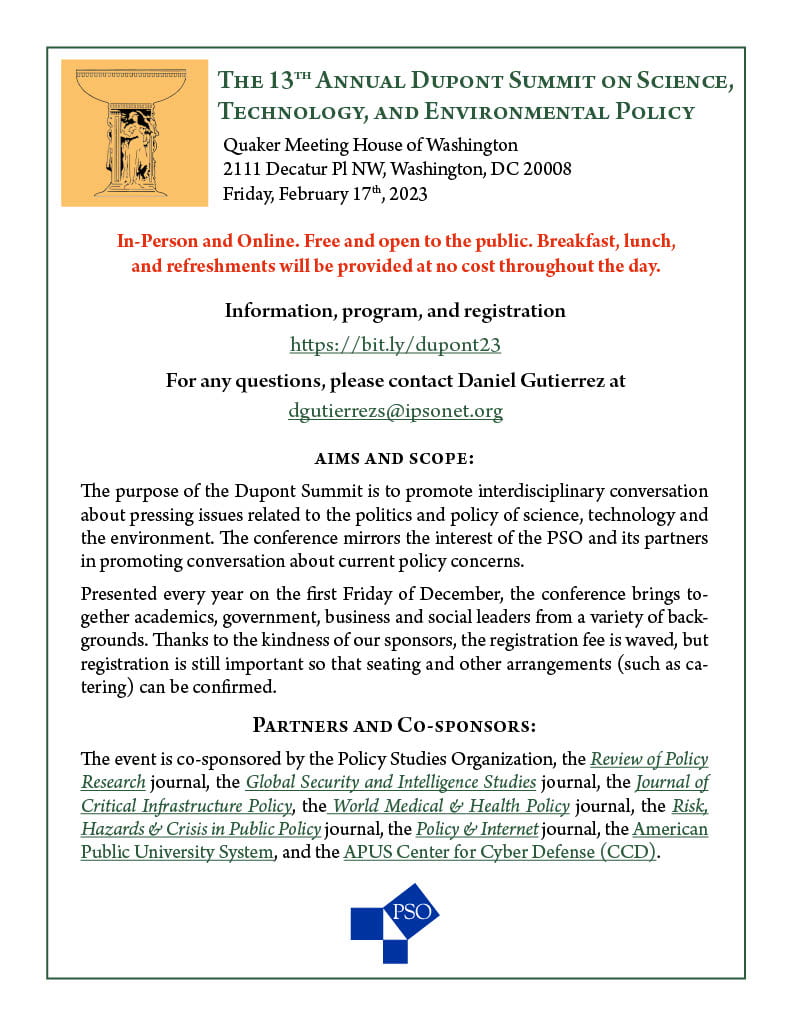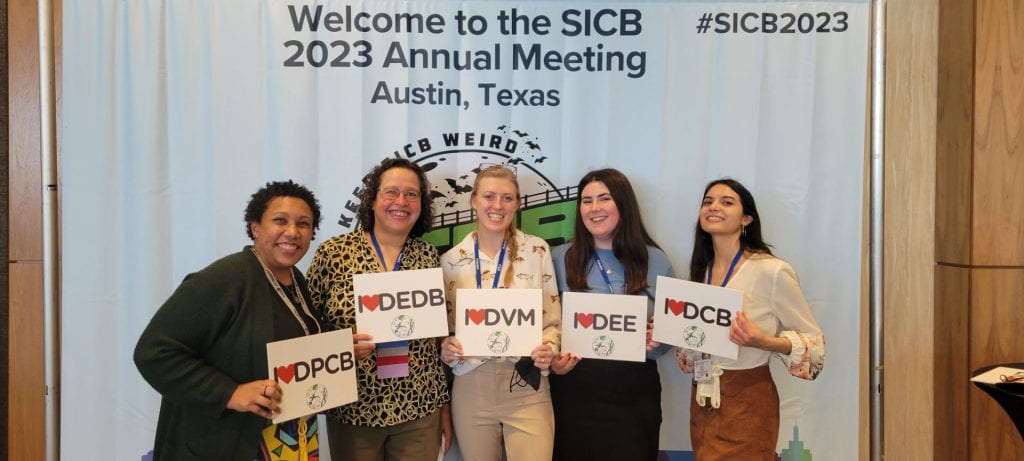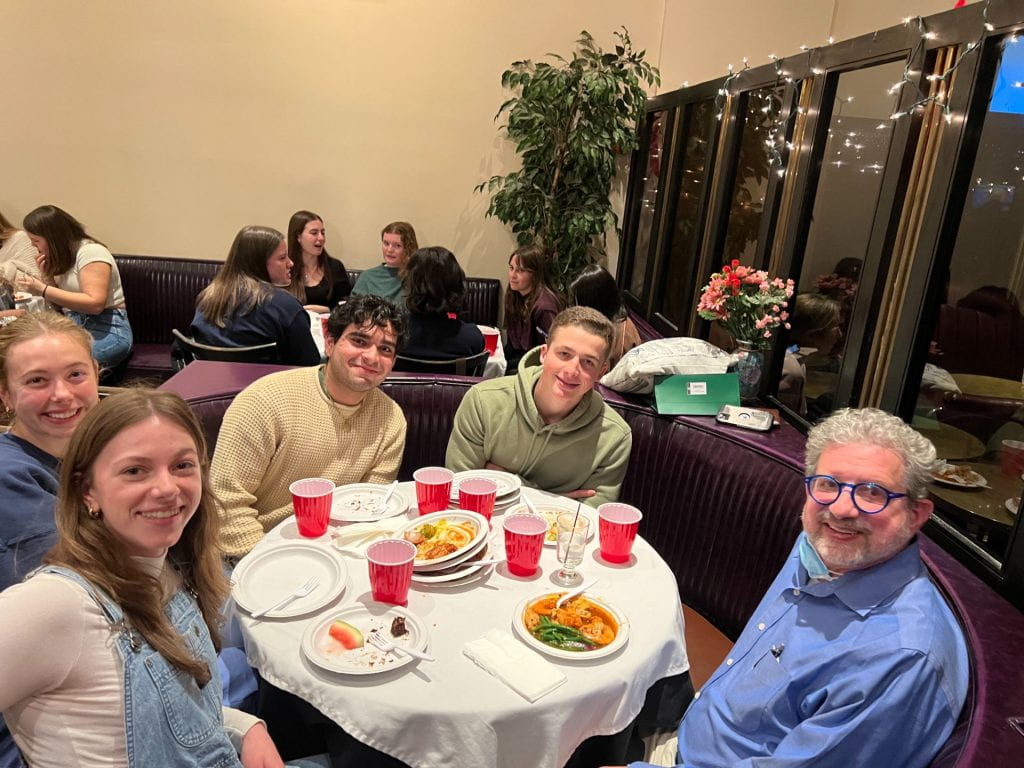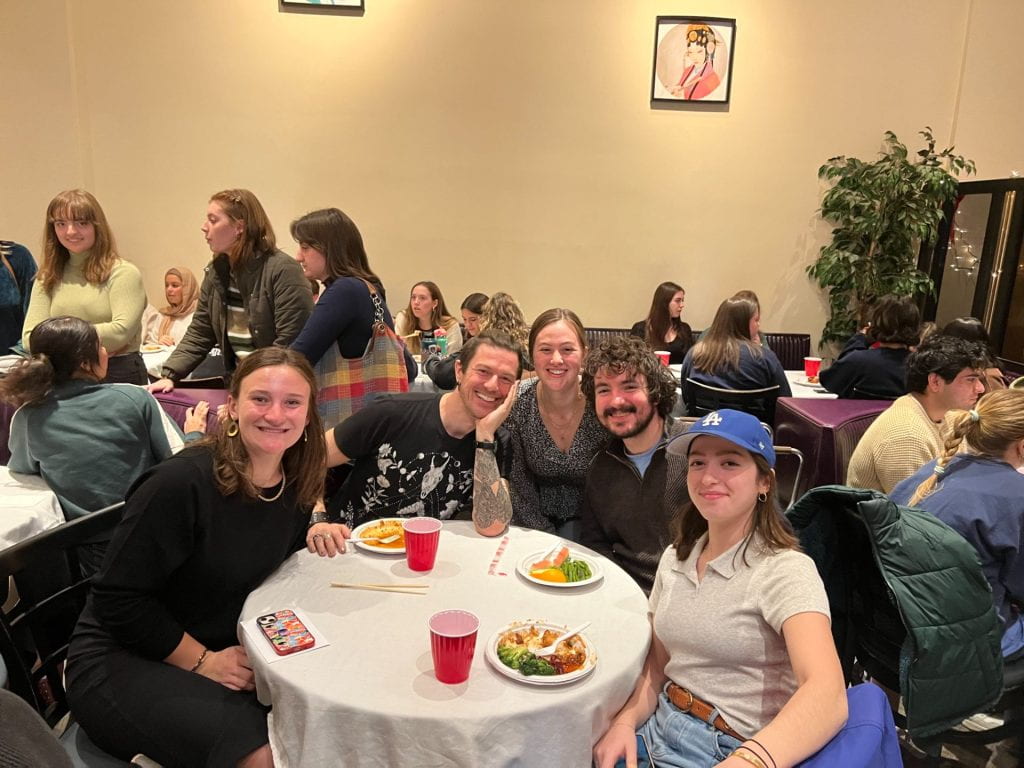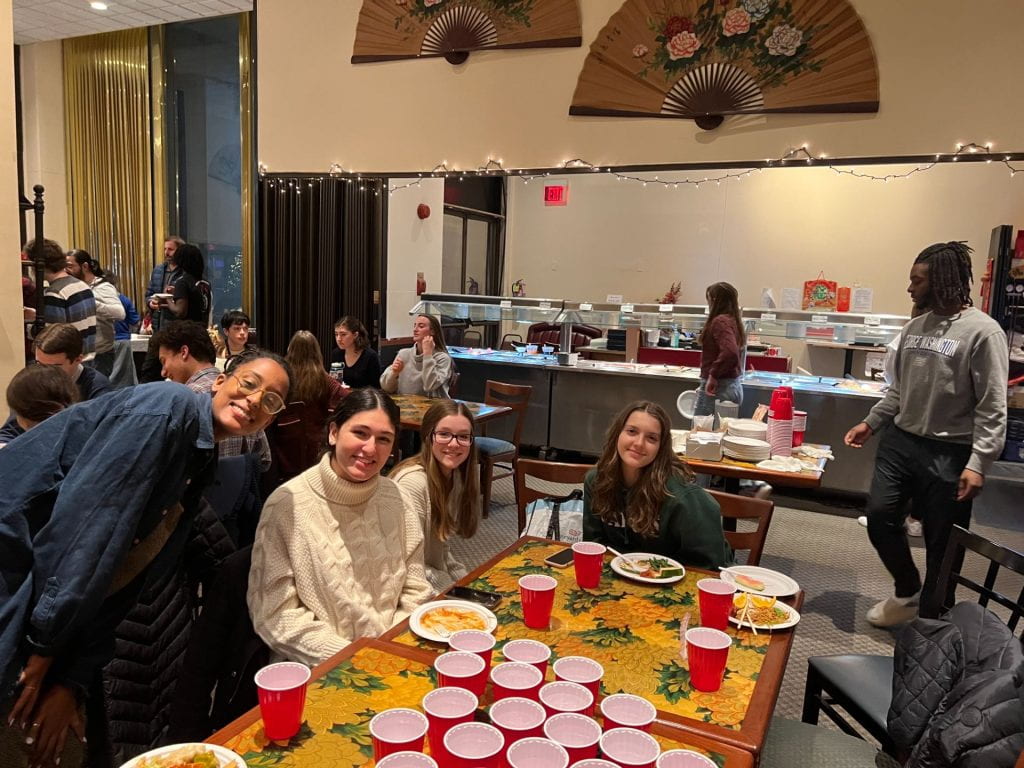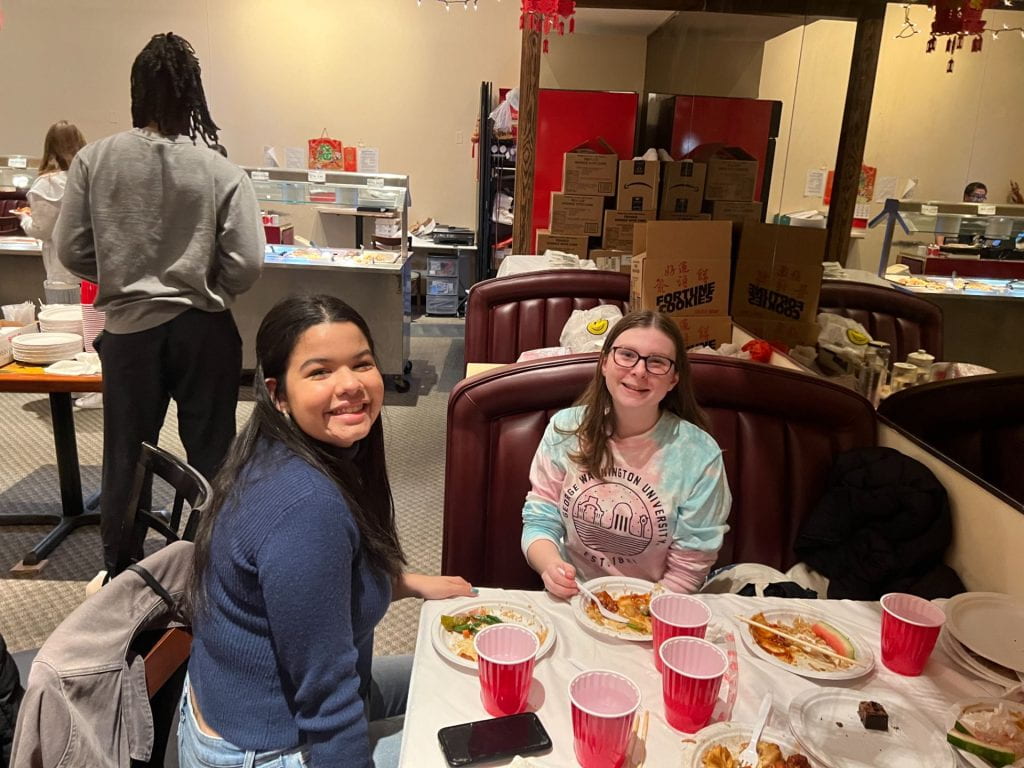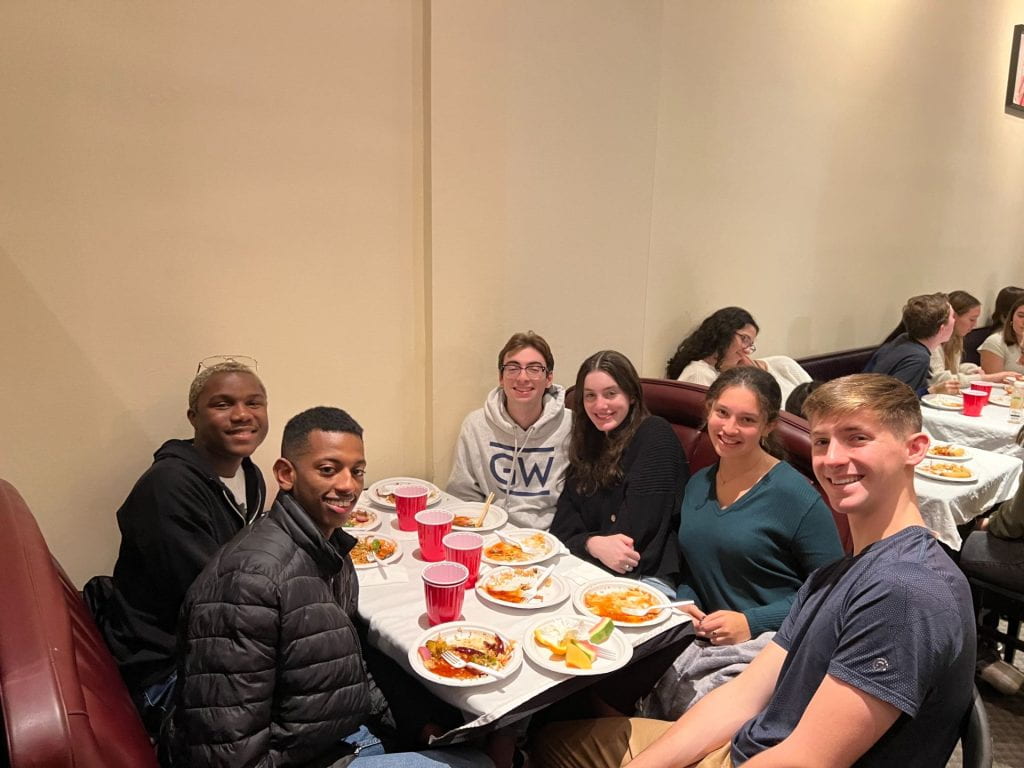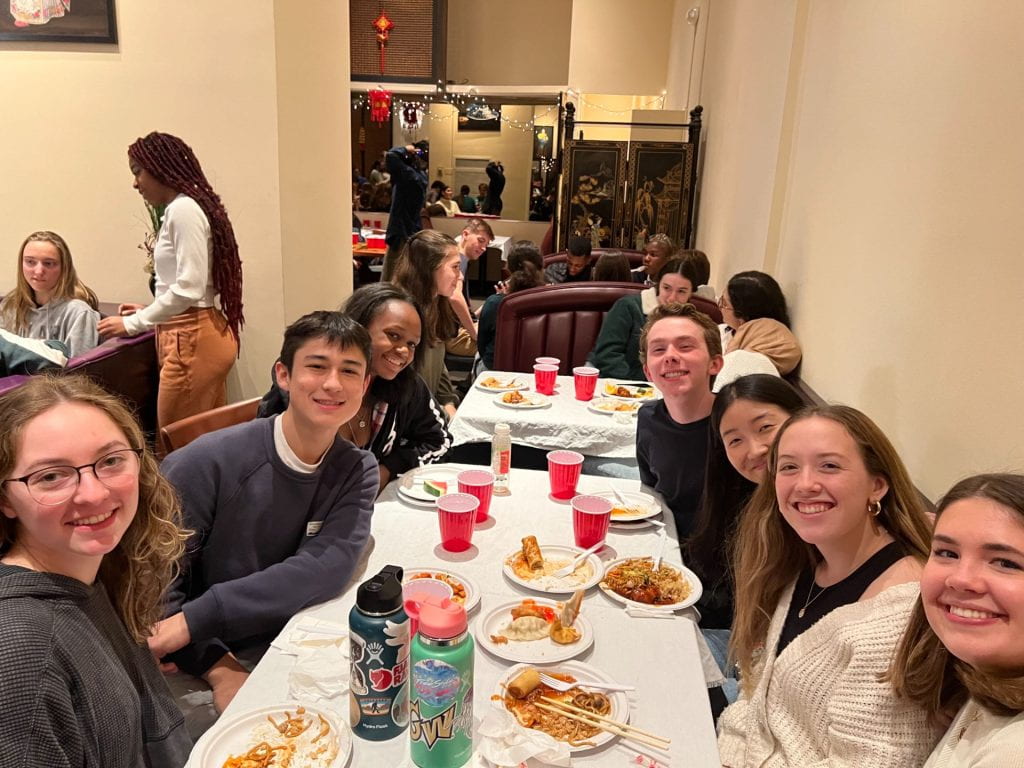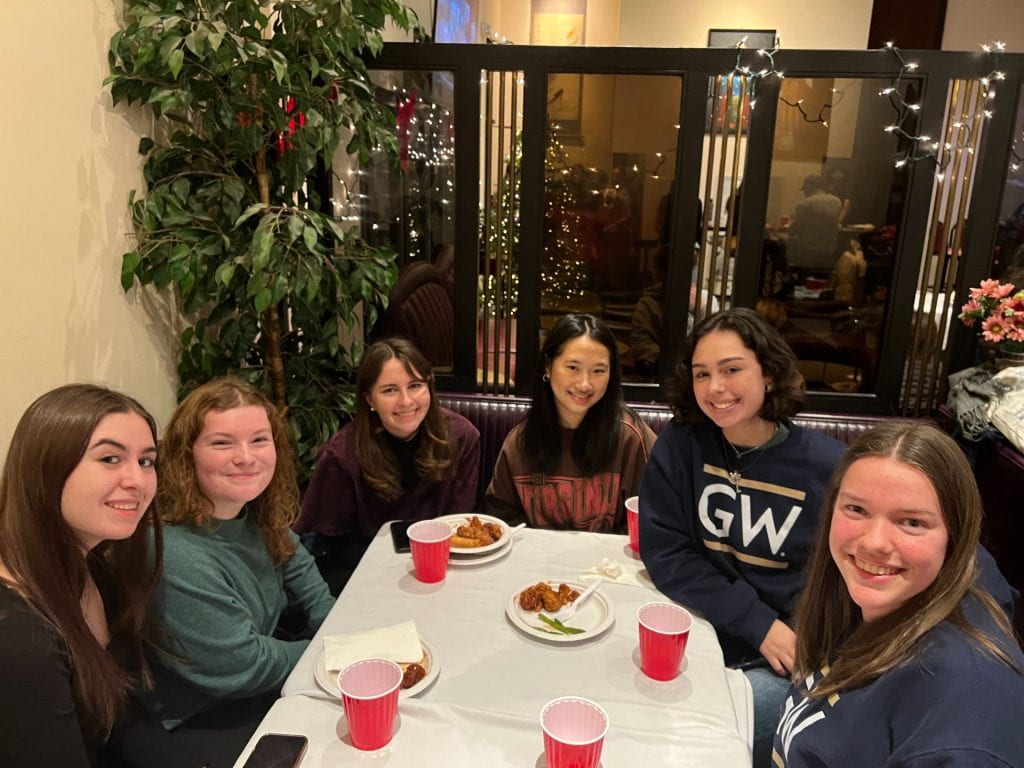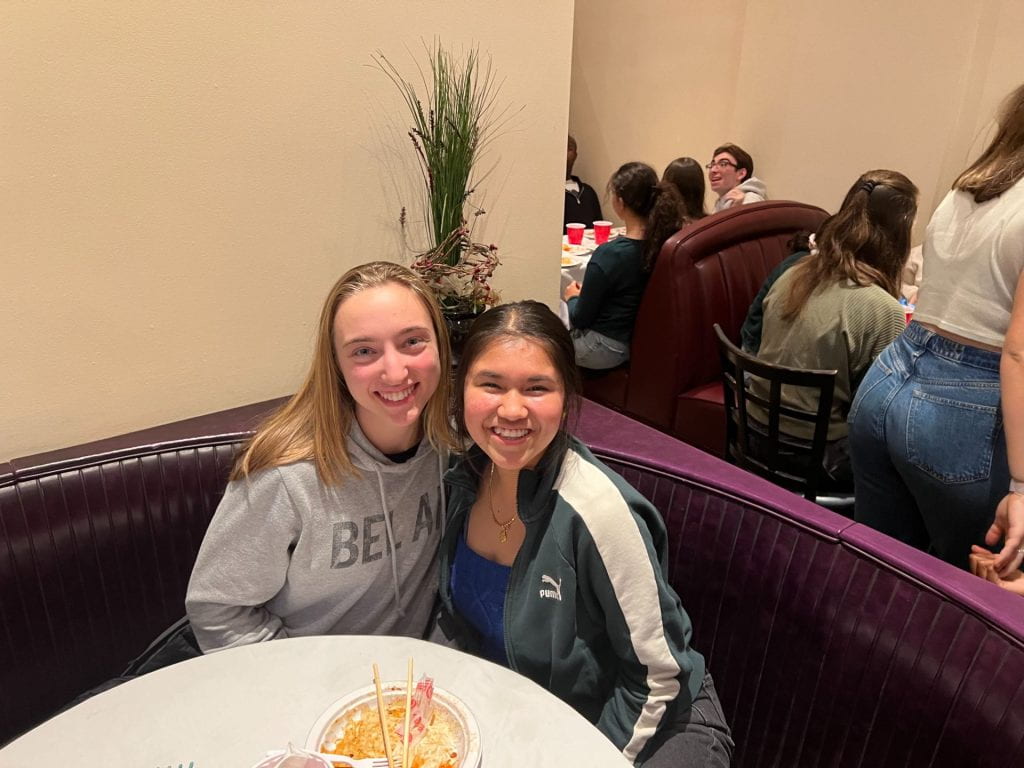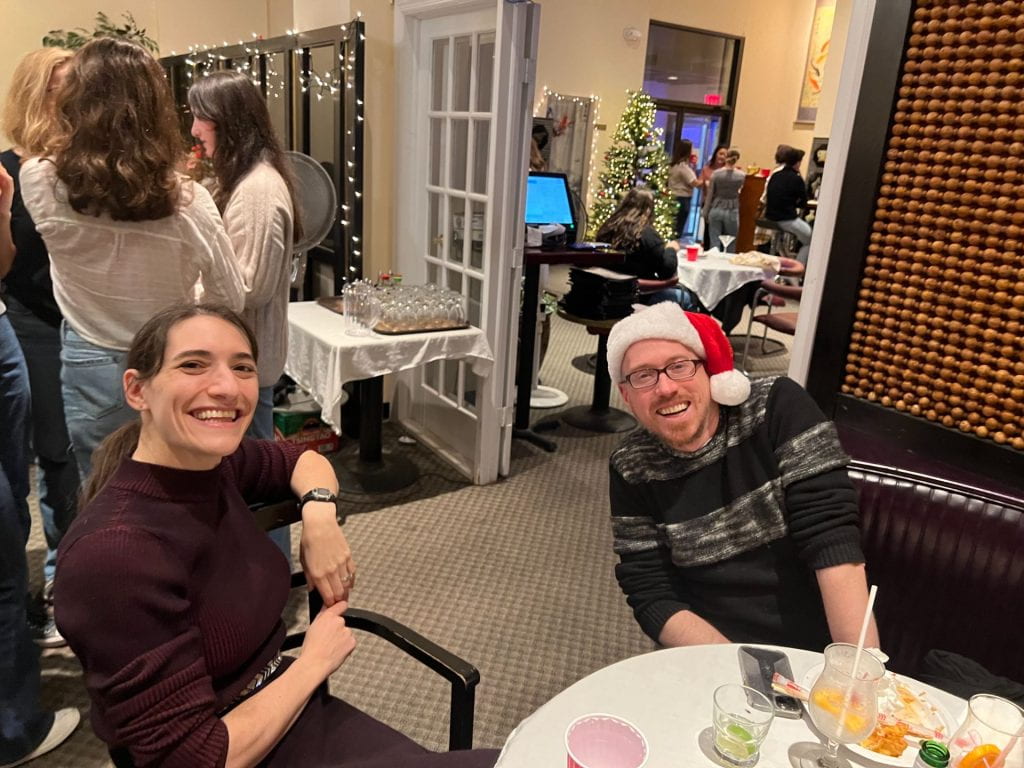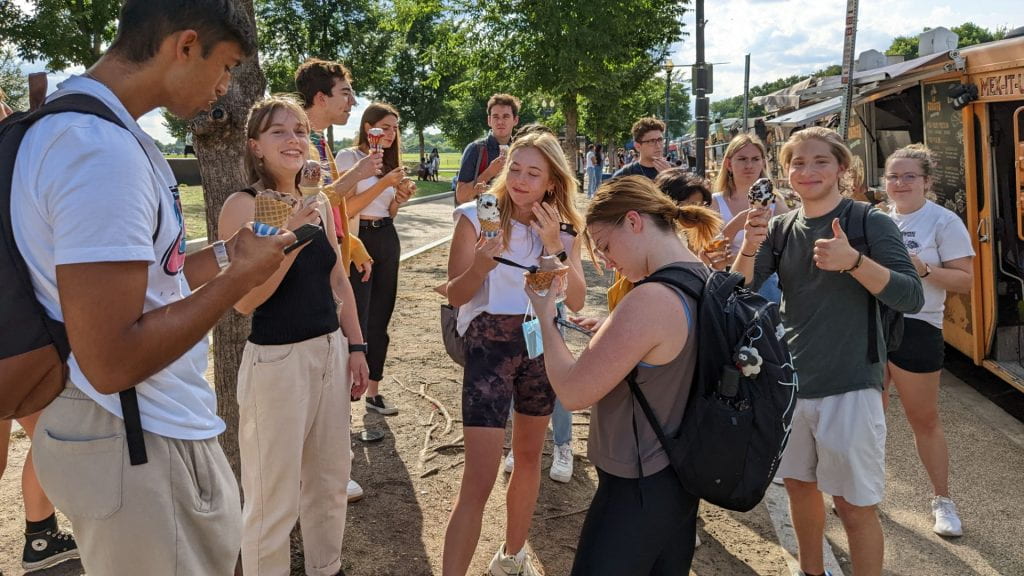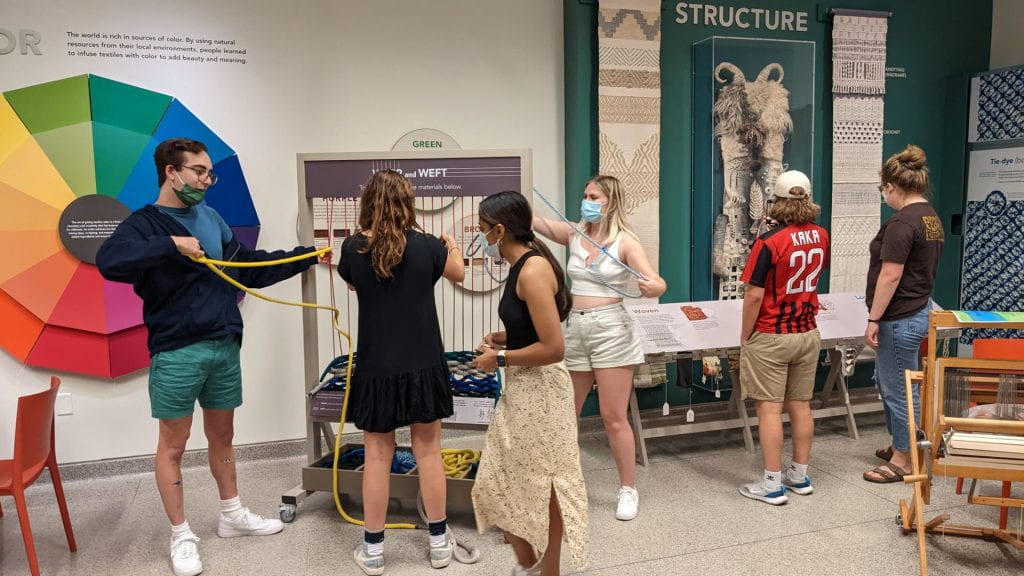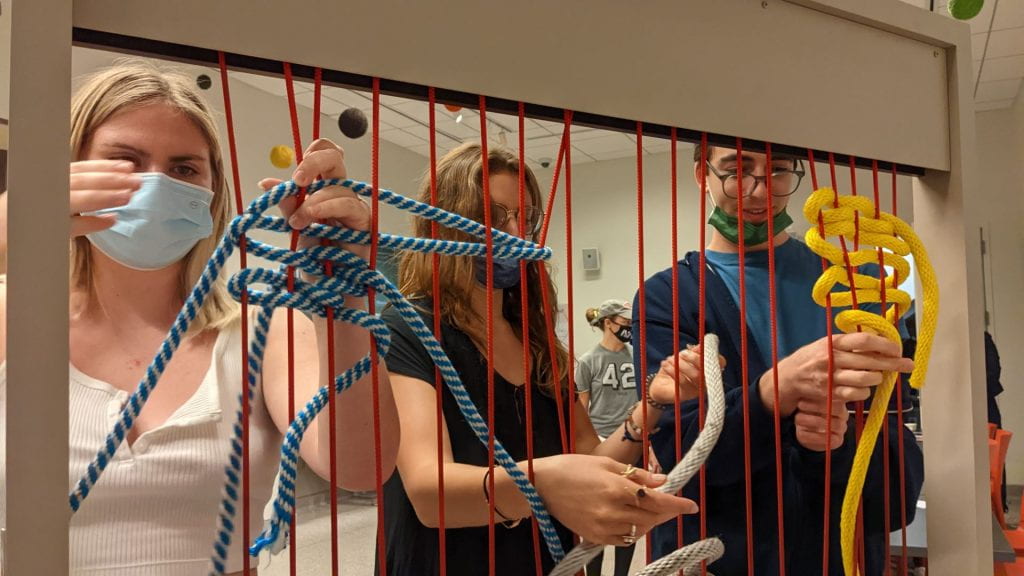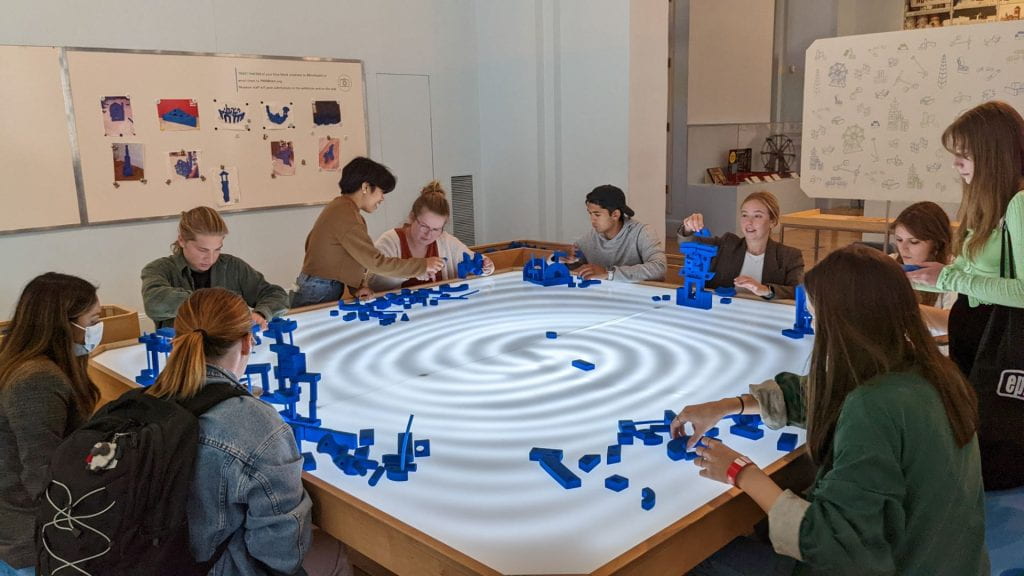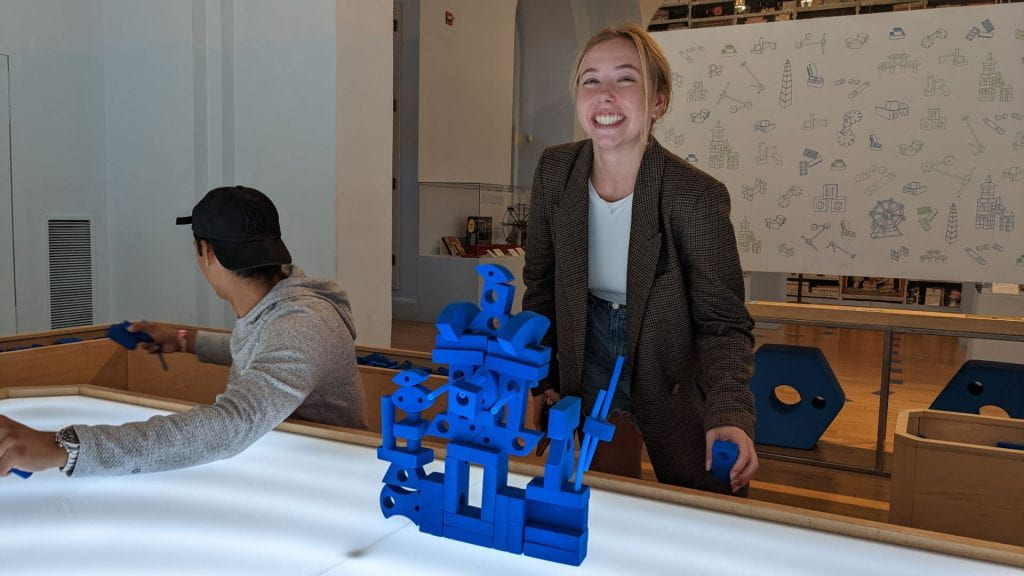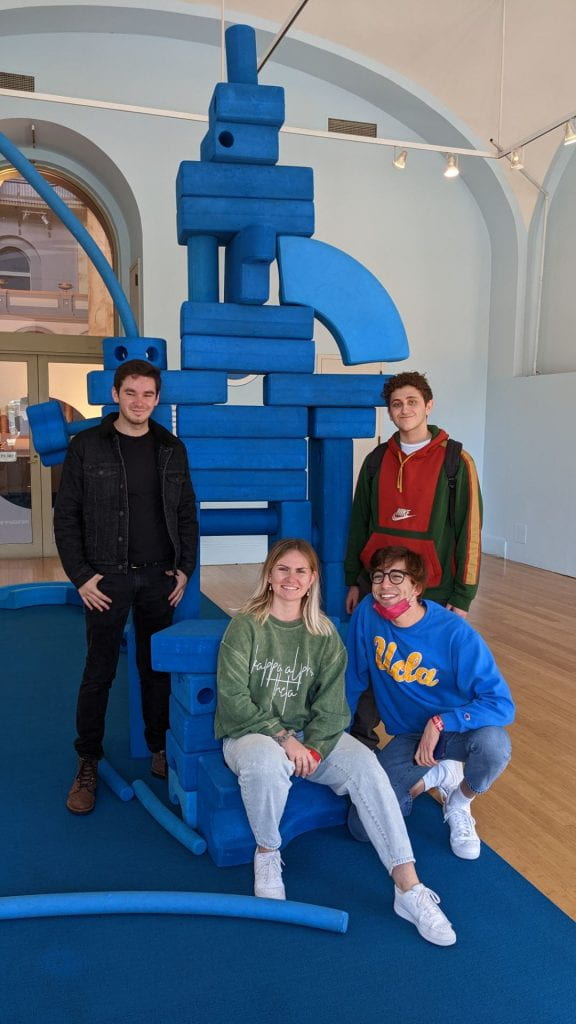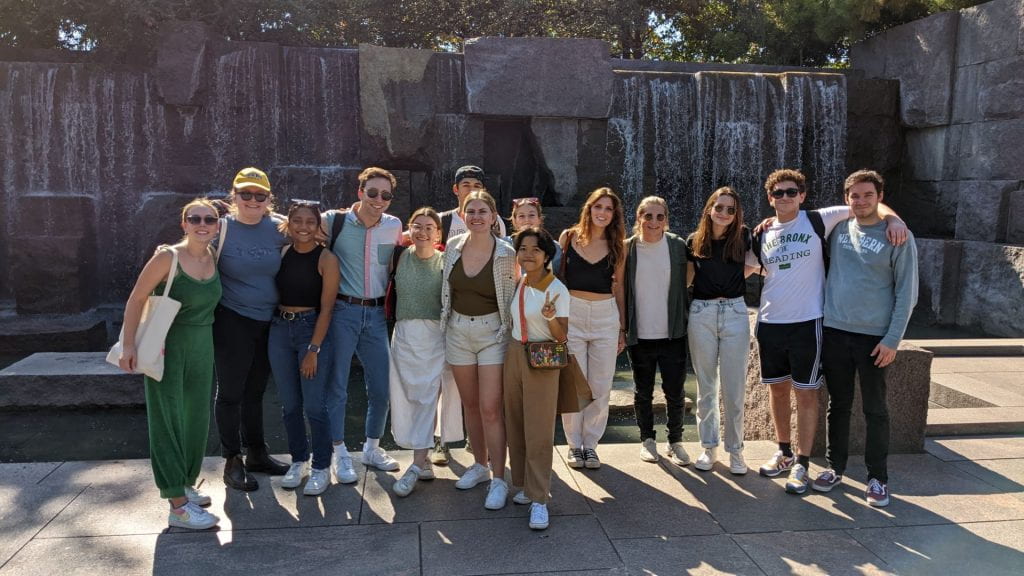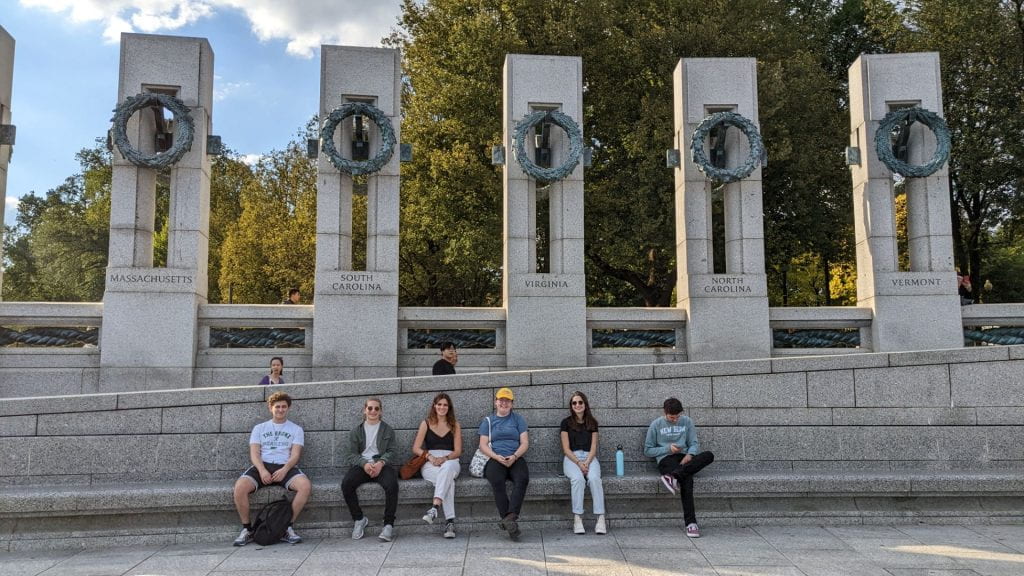The following blog post was written by fellow UHPer and Fall 2022 SURE Award recipient, Grace Hallam (Special Interdisciplinary Major, Sociobiology, ’23). Read on about how Grace plans to utilize the SURE Award funding to further expand upon her research experience!
For my senior thesis, I knew I wanted to research the topic of altruism in families. As I began to narrow in the topic, it led me to think about who I consider my family. In addition to my mother and two brothers, I have many friends I have made during my college experience that I consider family. Though we are not genetically related, they are just as much a part of my family. My research project explores big-little relationships in Panhellenic Sororities through the biological lens of Hamilton’s rule. Hamilton’s rule argues genetic relatedness is the underpinning factor of whether an individual will engage in altruistic behavior for another. However, family means much more than sharing the same genes in human social structures. In the context of Panhellenic Sororities, the bonds of female friendship are often overlooked. Using perceived closeness as a proxy for genetic relatedness, my research looks at one’s propensity to engage in altruistic behavior when presented with situations of varying cost to oneself and benefit to others.
Undertaking this project has completely changed my perspective on my studies. It is one thing to take classes; it is another to apply your knowledge to a cumulative project. Along the way, I have faced many unexpected challenges, but through the careful guidance of my advisors and consulting with my peers for assistance, I am confident about my progress.
The SURE award has allowed me to increase the response rate of my survey by incentivizing its completion. I will also be using this award to fund the presentation of my research at the upcoming GW Research Days this Spring. I look forward to sharing my final research with the GW community, especially with my fellow Panhellenic members.
Interested in applying for your own SURE Award funding? Find out more about the application process here!
